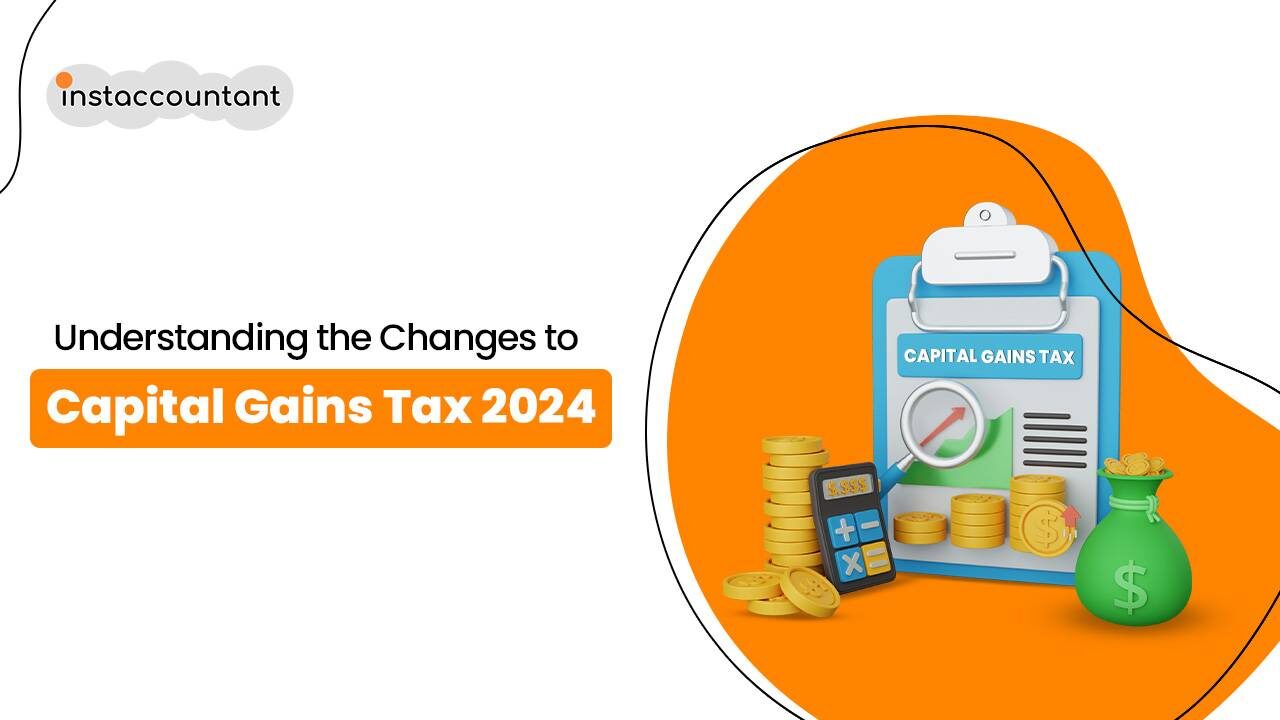The Canadian government recently announced changes to the capital gains tax system as part of its commitment to creating a fairer tax environment. These changes, which came into effect on June 25, 2024, have implications for Canadians who engage in capital gains transactions. In this blog post, we will explore what these changes mean for you as a Canadian taxpayer.
Increased Capital Gains Inclusion Rate
One of the key changes is the increase in the capital gains inclusion rate. Previously, only 50% of the capital gains were included in taxable income. However, starting in 2024, the inclusion rate has been raised to two-thirds for capital gains exceeding $250,000 per year for individuals. This change applies to all capital gains for corporations and most types of trusts as well.
It’s important to note that the increased inclusion rate does not apply to the sale of a principal residence, which remains exempt from capital gains tax.
Impact on Investment Gains
If you sell assets such as secondary properties (e.g., cottages, rental properties) and realize a profit of more than $250,000, the increased capital gains inclusion rate may affect you. Additionally, if you sell investments and the value exceeds $250,000 compared to the original purchase price, the new inclusion rate will apply. It’s important to consider these changes when planning your investment strategies and potential tax liabilities.
Entrepreneurship and Capital Gains Exemption
To support middle-class entrepreneurs, the Canadian government has introduced measures to ensure that most entrepreneurs will not pay more tax due to these changes. The Lifetime Capital Gains Exemption (LCGE) has been increased to $1.25 million, effective June 25, 2024, and will continue to be indexed to inflation thereafter. This exemption allows eligible individuals to exempt a portion of their capital gains tax-free on the sale of small business shares, farming property, and fishing property.
Furthermore, the government has introduced the Canadian Entrepreneurs Incentive, which aims to encourage entrepreneurs to invest in capital-intensive and high-growth sectors. This incentive provides a reduced tax rate on capital gains from the disposition of qualifying shares.
The Bottom Line
The changes to the capital gains tax system in Canada for 2024 aim to create a fairer tax environment and support middle-class entrepreneurs. While the increased capital gains inclusion rate may impact individuals who realize significant capital gains, the majority of Canadians are not expected to be affected. It is crucial to stay informed, seek professional advice, and consider these changes when making investment decisions.




